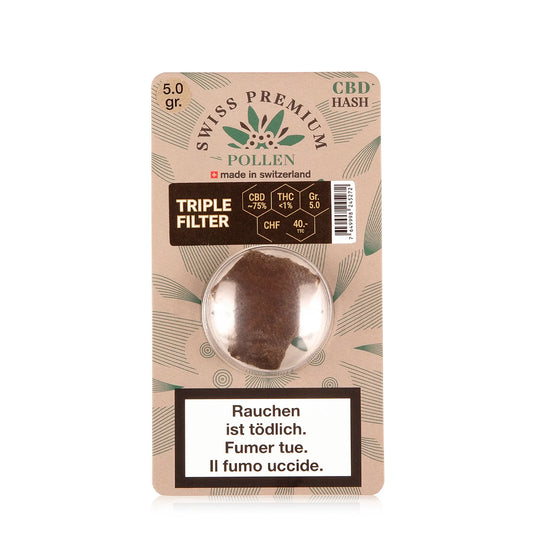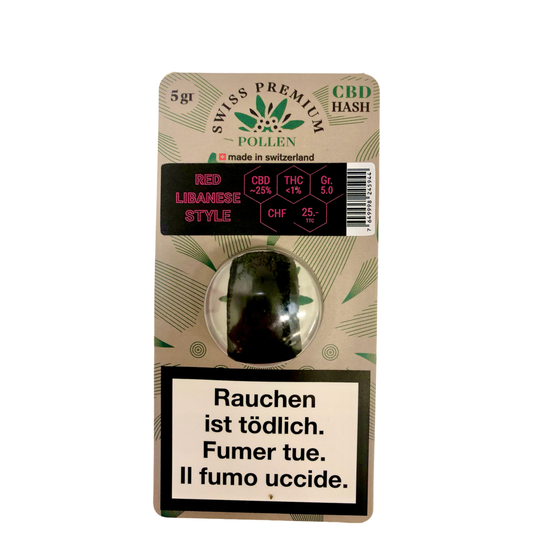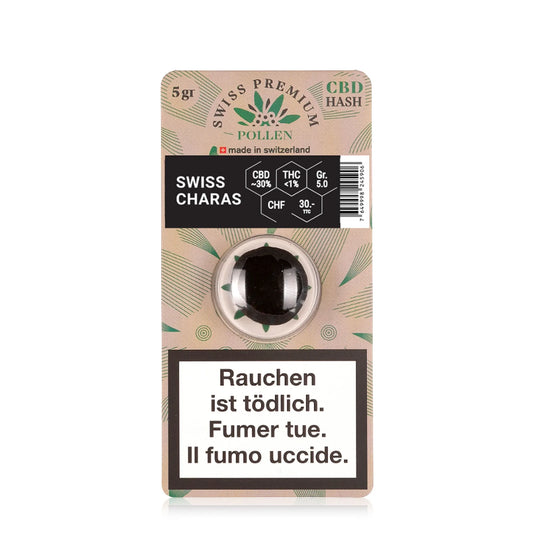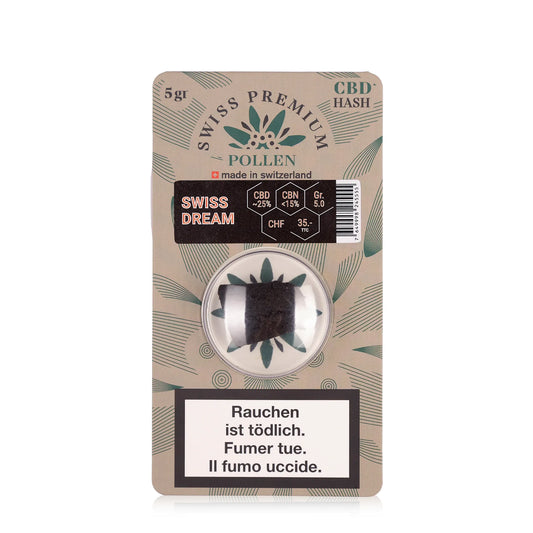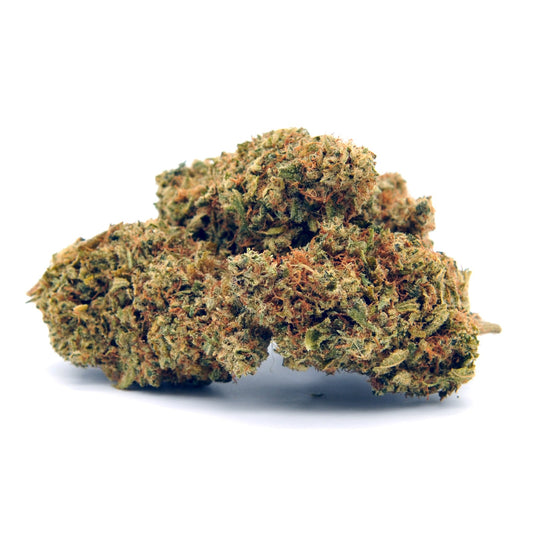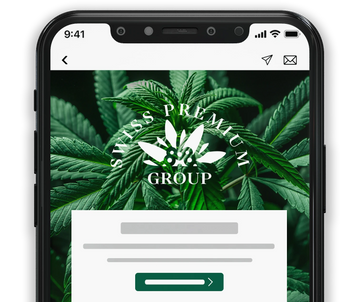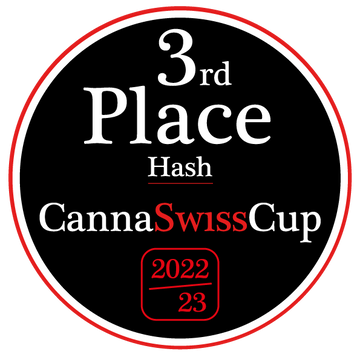Medical Weed Vs Recreational Weed
Marijuana use stretches back more than 5000 years ago, when it was mostly used for spiritual practice and rituals. As time passed, more laws were put into place that prohibited the growing and possession of cannabis. As a result, the medicinal benefits of marijuana have slipped under the radar.
Tetrahydrocannabinol and cannabidiol levels are the biggest differences between medical and recreational use marijuana. Different strains of marijuana hold different levels of cannabidiol and tetrahydrocannabinol. These are the two main active ingredients in weed. Medical cannabis is cultivated to have a higher CBD content. CBD is the healing stuff, while THC is the stuff that makes you high. Recreational marijuana generally has a low CBD content and a higher THC content. These active ingredients have varying effects on the body. Knowing the difference will help you get the effects you are looking for.
THC vs. CBD levels
THC is the psychoactive ingredient in marijuana, meaning it affects how the brain works. This can lead to changes in feelings, awareness, thoughts, and behaviour. Apart from bringing feelings of calm or helping to induce sleep and appetite, CBD has fewer noticeable effects and doesn't change your mental state. Think of it like the difference between a pain pill and vitamins. Pain medication has very recognizable effects, while Vitamin C improves your health in the background.
Medical marijuana is not supposed to make you high. If you’ve eaten some cannabis-infused gummy bears and you are no longer able to drive, you’ve likely got something with a high THC content. THC levels in recreational marijuana are typically 10-15%, with CBD levels of less than 1%. Some grades contain up to 30% THC, so be prepared to get stuck on the couch if you consume this. Medical marijuana contains trace amounts of THC. It is generally lower than 1%, but this amount depends on legislation in your region. The low level of THC ensures you won’t get high by mistake. The CBD content in medical marijuana can reach 30 percent, but this has no psychoactive properties. It is purely for medicinal benefits and, as a result, has become legalised in many countries.
The benefits of recreational marijuana
There isn’t much medical justification for consuming recreational marijuana, but many find that the positives far outweigh the negatives. Many users report feelings of elation and euphoria, while others have lighter effects, such as a deep state of calm. In the past, "getting high" got a bad reputation for making the user lazy, stupid, or careless. In recent times, people have started to understand this wonder plant and have been using it to shape their lives for the better. Weed can improve many aspects of your life, from mental health to your spiritual well-being. It all depends on what you choose to do when using this substance. If you are someone who believes that recreational marijuana use makes you lazy, try keeping yourself active after consuming cannabis and you will start to see the difference. Recreational marijuana can also be used as a healthy replacement for alcohol without all the negative side effects that alcohol has. A study also found that marijuana can greatly benefit your sex life.
Benefits of Medical Marijuana
Thanks to countless studies done by healthcare professionals all over the world, medical marijuana has been proven to assist with many different health complications. Beyond the pain-relieving effects, medical marijuana is known to have countless healing properties. It is known to completely stop muscle spasms in multiple sclerosis sufferers. It has even been proven to slow the growth and spread of cancer cells. It is becoming a miracle remedy for those who suffer from the debilitating effects of cancer and cancer treatments. It is also great for curbing anxiety, bringing on appetite, and alleviating stress levels. The benefits of medical cannabis have made this the most researched plant on planet Earth. As time passes, more people's minds are being opened to just how effective this treatment can be.
The legal status of medicinal marijuana vs. recreational weed
Since THC is regarded as a schedule 1 illicit drug, the laws regarding this can be strict, depending on your territory. Many countries in Europe have decriminalised the use of recreational marijuana with higher THC levels. Other countries have not been so fortunate, with harsh laws still preventing the possession and sale of such products. If you are able to purchase marijuana recreationally, it is likely you can do so without a licence or an ID. Legally, medical marijuana must contain less than 0.3% THC if you are in the European Union. Switzerland is a little more lenient, allowing THC levels of no more than 1%. This is enough to induce greater feelings of calm, but not enough to have a noticeable high. To purchase medical marijuana, you must have a license or ID. A medical practitioner will prescribe this to you based on your needs. It's best to learn about the regulations in your territory to find out what strains you can and can’t have.
Potential negative side-effects of recreational and medical marijuana
With any medical treatment, there will always be minor to severe side-effects. Fortunately, the side effects of both medical and recreational marijuana are minor. Medical marijuana can cause fatigue, drowsiness, and a dry mouth. It is not a good idea to consume this if you plan to operate any sort of machinery, other than your TV remote. More severe side-effects may include an increased heart rate and dizziness, but these can also be dependent on the mood of the user. Make sure you always get a checkup before starting medical marijuana treatment. The psychoactive effects of recreational cannabis can lead to much more severe side-effects. These include anxiety, memory loss, and impairment of motor function. Make sure your smoking habits don’t throw your lifestyle out of balance, and the side-effects will be less severe.
Conclusion
While originating from the same plant, recreational and medical marijuana are used for entirely different purposes. It is important to know how they act on the body so you can understand what the best treatment is for you.






